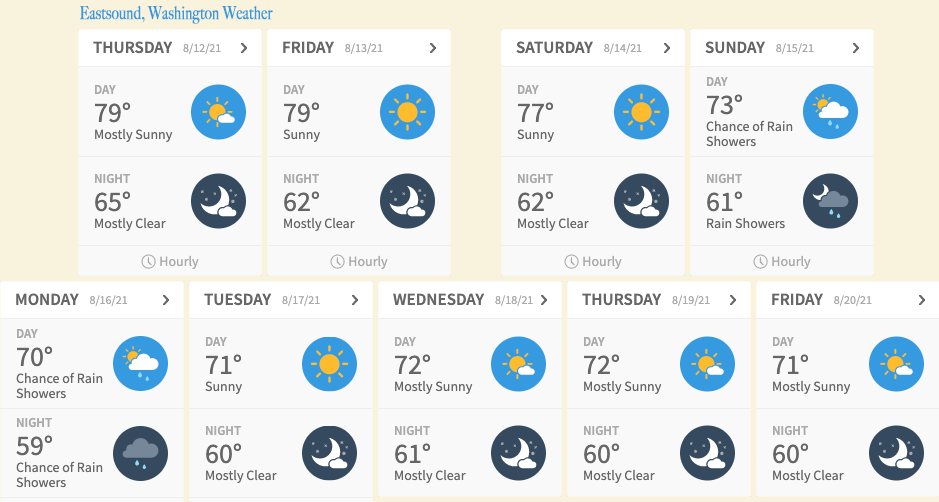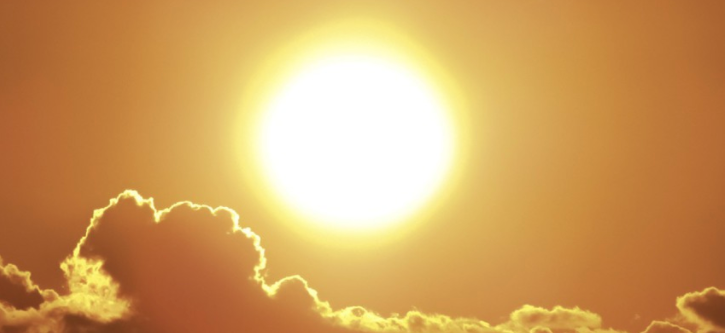Another extreme heat event expected over the weekend.
Cooling centers considered a key tool in preventing illness for people without air conditioning
||| FROM STATE DEPARTMENT OF HEALTH |||
OLYMPIA — Hot weather is back again and is expected to impact the entire state starting on Friday, with temps expected in the high 90s and even into the 100s in some places. The Washington State Department of Health is advising people all across the state to take precautions for staying cool, staying safe, and saving lives during this extreme heat event.
Historically this kind of weather has been unheard of for the Pacific Northwest, but as we saw just a few weeks ago, it can be deadly. The catastrophic heat event in late June of this year contributed to 95 deaths in Washington alone between June 26 and July 2.
Climate change is an emergency, and while we wait for decisive action on a global scale to slow its progress, we must work in the meantime to protect ourselves and the people around us when extreme weather takes hold.
Since the majority of people in Washington do not have air conditioning, cooling off can be a difficult challenge. Now more than ever, cooling centers are considered a key resource in protecting people from heat-related illness and other complications that can stem from hot weather. Many regional cooling centers will be established across the state and free to the public during this heat event. Dial 2-1-1 or use the statewide online resource here to find cooling centers near you. Language assistance is available.
Other key recommendations for heat safety include:
Stay indoors and in an air-conditioned environment as much as possible. Consider wearing a mask whenever you’re indoors with people who don’t live with you.
Keep your home cool by pulling window shades closed throughout the day. Use your stove and oven less to maintain a cooler temperature in your home.
Do not rely on a fan as your only cooling source. While electric fans might provide some comfort, they won’t prevent heat-related illness when temperatures are very hot.
Check on your friends, family and neighbors before bedtime. The heat isn’t expected to dip at night, so people who need help may not realize it until much later in the day. Assist those who are vulnerable or at higher risk, neighbors who are elderly, ill or may need help.

Stay hydrated. Drink plenty of fluids but don’t wait until you’re thirsty to drink.
Keep outdoor pets safe in the heat, make sure they have protection from heat. Walk on grass instead of asphalt, which can burn your pet’s paws. Never leave any person or pet in a parked vehicle.
If you notice symptoms of heat illness (dizziness, nausea, headaches, muscle cramps), act immediately. Move to a cooler location to rest for a few minutes and seek medical attention immediately if you do not feel better.
Follow water safety tips if you go swimming or boating. Remember that swimming in open water is very different from swimming in a pool and make sure to wear a life jacket that fits you.
Check for restrictions or warnings in your area before lighting any outdoor fires. High temperatures and dry conditions increase wildfire risk.
Read CDC’s list of frequently asked questions regarding extreme heat here.
**If you are reading theOrcasonian for free, thank your fellow islanders. If you would like to support theOrcasonian CLICK HERE to set your modestly-priced, voluntary subscription. Otherwise, no worries; we’re happy to share with you.**








